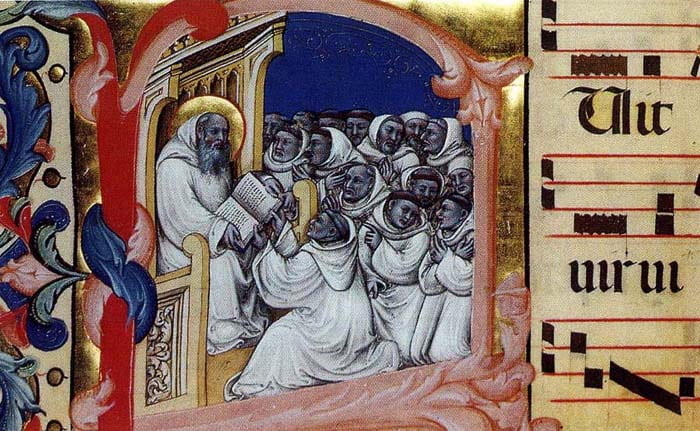
Naming the Ambiguity in Genesis and the Odyssey
God’s presence is seemingly imperceptible to the human mind in Genesis. Both Adam and Cain commit their respective sins in God’s absence, though He is innately aware of their wrongdoing before they even confess it. God arrives at the Garden of Eden after Eve and Adam have consumed the fruit from the Tree of Death, “to find out what his children might be doing;” (Genesis A 852). Upon his arrival,…




